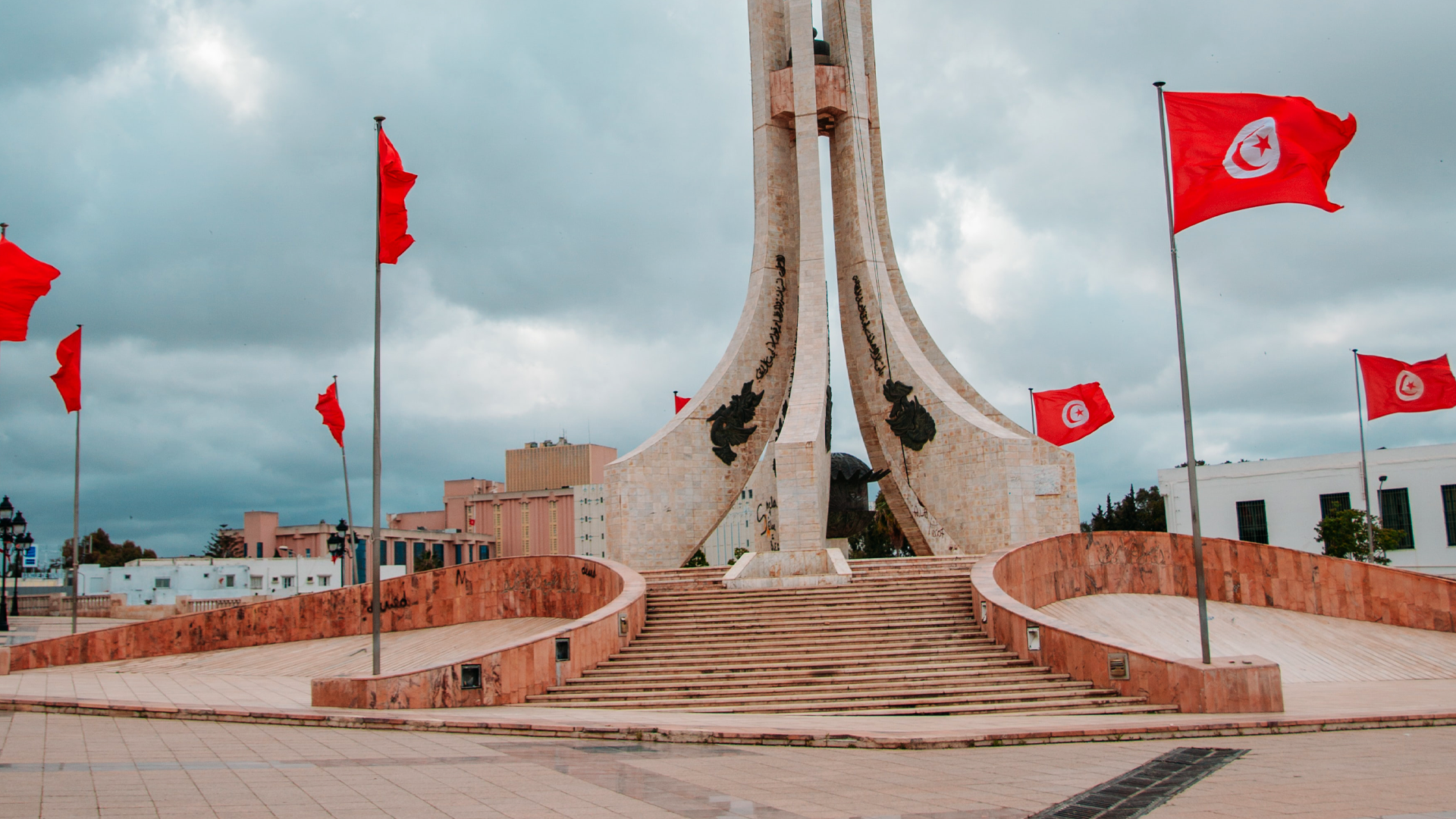More than 20,000 Gen Zers from Tunisia tried crossing the Mediterranean Sea in 2022. Economic hardship and unemployment are major causes of European migration, as young people attempt to improve their lives.
Tunisia has been facing economic crisis as inflation hit its highest record in more than 3 decades at 9% in 2022.
According to the World Bank, the unemployment rate for young people aged 15 to 24 in the first quarter of 2022 stood at 38.5% (40% for men and 36% for women). More youths, especially Gen Z, are increasingly fleeing to European countries.
The dangerous journey to Europe by sea has claimed thousands of young lives from countries all over Africa.
The World Bank estimates approximately 8,000 Tunisians lost their lives or were turned back to their country by authorities in 2022.
Germany has grown to become a key destination to most migrants due to its low birth rate and high employment opportunities.
Last year, a shipwreck left 17 young Tunisians dead attempting to cross the Mediterranean. There were protests in a southern coastal town, Zarzis, organized by the Tunisian General Labour Union to urge the government to find the missing bodies and improve living conditions.
Due to the impacts of Covid-19 felt across the globe and normalcy picking up slowly, Tunisia is redirecting most of its resources and funds towards regulating its worsening economy and security – which has been among its major problems.
Lack of opportunities for the majority of Tunisians who are Gen Z remains a major concern and has a detrimental effect on the future of the African nation. Food shortages on products like oil, rice, and sugar continue to rise, caused by the high cost of energy and other basic goods. This is as a result of the continuing war in Ukraine.
Tunisia previously relied on importing half of its cereal from both Ukraine and Russia. Since last year, the government has been forced to ration basic commodities due to lack of enough supply from other nations.
The recent political and economic uproar has forced thousands to protest and demand for President Kais Saied’s step down.
Last week, thousands of protesters marked the anniversary of the 2011 Arab Spring revolution that brought democracy. The country’s central Habib Bourguiba Avenue, known for holding major demonstrations at the capital city, Tunis, held thousands of protesters chanting ‘the people demand the fall of the regime.’
In 2021, Saied dissolved the elected parliament and has been criticized for ruling by decree. He accused the former executive of not performing as expected. In a bid to reshape the political system, last month’s disastrous parliamentary elections had a low turnout of only 11% of voters who cast their ballots.
Corruption allegations have been reported more during employment recruitment processes and offering of government services.Many educated young people have accused Saied’s government of neglecting them in employment and further employing unqualified individuals with no skills. Some have taken up casual jobs while others continue to apply for European jobs in hopes of leaving the country legally.




















